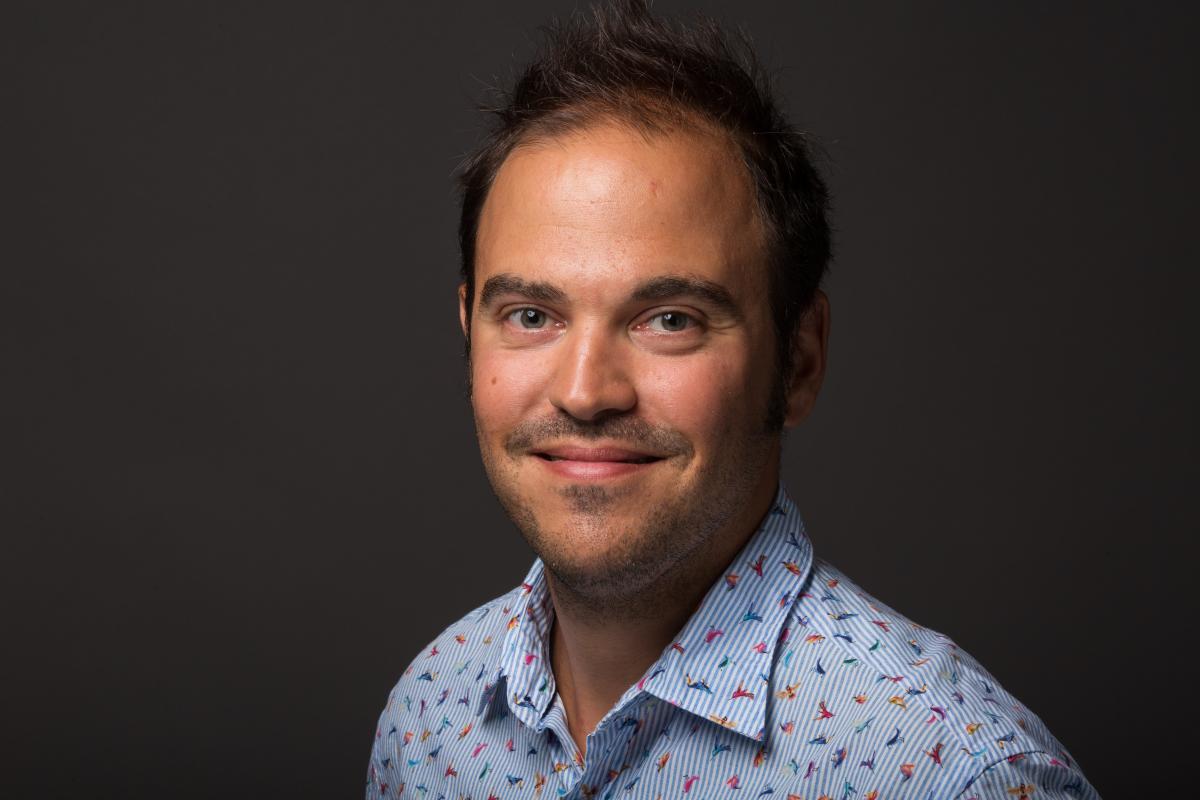Applications
 Part of the Oxford Instruments Group
Part of the Oxford Instruments Group
Expand
Collapse
Oxford Instruments is delighted to announce Dr Rebeca Ribeiro-Palau, Centre de Nanosciences et de Nanotechnologies (C2N), CNRS, Saclay, France, and Prof Landry Bretheau, Institut Polytechnique de Paris – as the joint winners of the 2020 Nicholas Kurti Science Prize. The Nicholas Kurti Science Prize promotes and recognises the novel work of young scientists working in the fields of low temperatures and/or high magnetic fields in Europe.
Dr Rebeca Ribeiro-Palau is recognised for her outstanding contributions in research on electronics quantum transport in graphene and van der Waals heterostructures; in particular her contributions to the development of new graphene-based quantum Hall resistance standard and development of the dynamically rotatable van der Waals heterostructures technique.
As the joint winner, Prof Landry Bretheau is recognised for his major contributions to the field of mesoscopic superconductivity, in particular the experimental discovery of an internal degree of freedom to the Josephson effect: the Andreev bound states. He performed diverse and original experiments combining mK temperatures, low-noise electronics, and microwave techniques.
The winners will be formally presented with the Nicholas Kurti Science Prize trophy at an upcoming European conference, where they will present their award-winning research work.
The Nicholas Kurti Science Prize selection committee was very pleased to recognise the winners' research works. The committee consists of leading European physicists, chaired by Professor George Pickett, Lancaster University, UK.
The objective of the Nicholas Kurti Science Prize is to promote and recognise the novel work of young scientists working in the fields of low temperatures and high magnetic fields within Europe. Oxford Instruments is aware that there is a critical and often difficult stage for many such researchers between completing their PhD and gaining a permanent research position. The company has therefore been helping individuals who are producing innovative work by offering assistance both financially and through promotion of their research work, through sponsoring the Nicholas Kurti Science Prize for 15 years, together with other such prizes for research in physical science in the Americas, Japan, China and India. The Nicholas Kurti Science Prize is named in honour of the late Professor Nicholas Kurti (1908-1998). Professor Kurti is known for his distinguished work in ultra-low temperature physics at the Clarendon Laboratory, University of Oxford, UK which during his career earned the name “the coldest spot on earth” as a consequence of the ground-breaking research conducted there; using adiabatic demagnetisation Professor Kurti was able to create temperatures of a millionth of a degree above absolute zero.
The previous winners of the Nicholas Kurti Science Prize are Professor Dr Alexander Ako Khajetoorians, Dr Lapo Bogani, Professor Ronald Hanson, Professor Mathias Kläui, Professor Dr Christian Rüegg, Professor John Morton, Professor Lieven Vandersypen, Professor Kostya Novoselov, Professor Andreas Wallraff, Dr Silvano De Franceschi, Dr Isabel Guillamón, Dr Andrea Caviglia, Dr Francois Permentier and Dr Erwan Bocquillon, Dr Philip Moll and Dr Menno Veldhorst.


"I am honored to receive the Nicholas Kurti prize. This prize also recognizes the growing interest in the field of electronic quantum transport in 2D materials and van der Waals heterostructures. I am very proud to have contributed to this field and to the new and exciting development in twistronics", commented Dr Rebeca Ribeiro-Palau.
Read about Dr Ribeiro's Group
"I am delighted receiving this prestigious prize. What a great honor! It highlights the fields of Mesoscopic Superconductivity and Quantum Circuits, and I am very proud to have contributed to their development. What motivates my research is to explore the beauty and weirdness of quantum physics by probing superconducting circuits at low temperature. I want to associate to this award all the talented researchers I've been working with during my young career", commented Prof Landry Bretheau.
Read about Prof Bretheau's Group